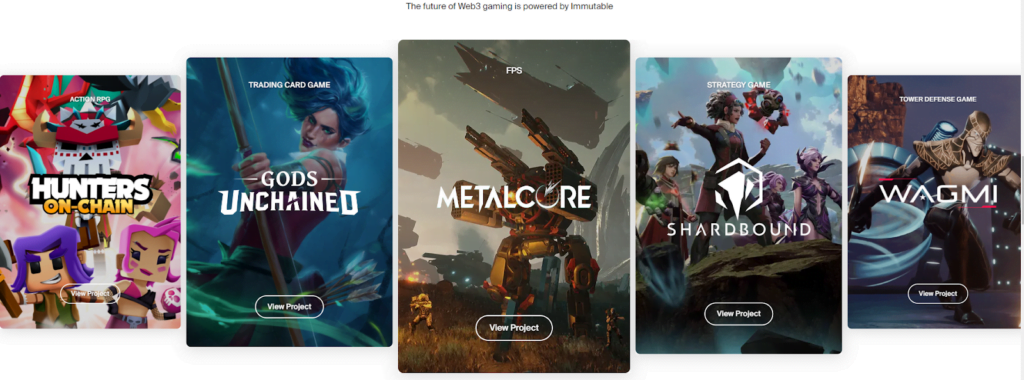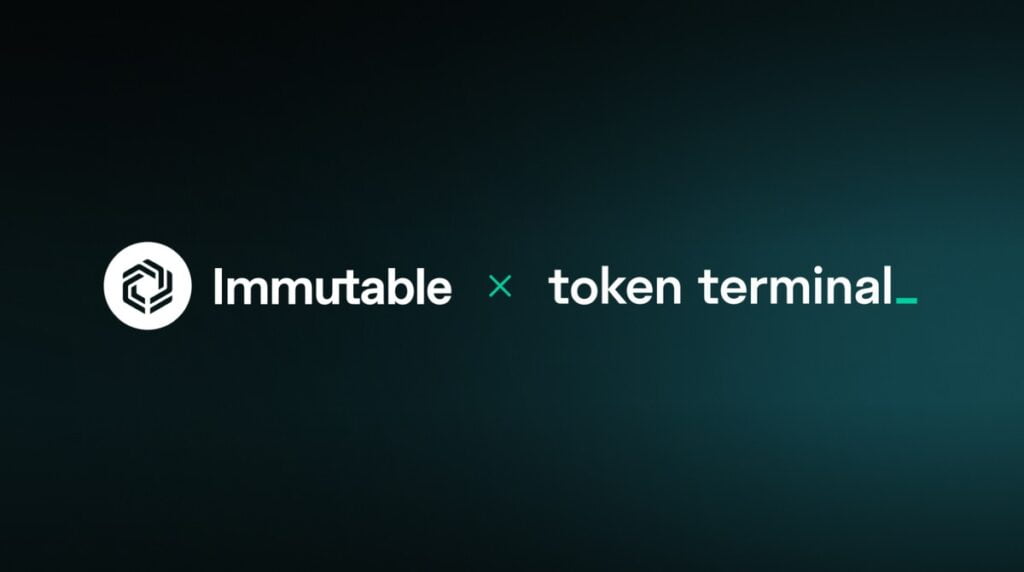Podcast Summary
This podcast episode features Robbie from Immutable, a software engineer and entrepreneur who has built several startups. The discussion revolves around the integration of blockchain technology into gaming, the potential of blockchain to provide true ownership and property rights to in-game assets, and the evolution of blockchain scalability. The conversation also touches on the cyclical nature of crypto and the potential for blockchain and cryptocurrency to revolutionize the gaming industry.
Key Takeaways
Blockchain Integration in Gaming
- Blockchain’s Potential: The podcast discusses the potential of blockchain to provide true ownership and property rights to in-game assets, aligning economic incentives between publishers and players, and eliminating issues like power creep and devaluation of assets.
- Challenges of Decentralizing Game Logic: The conversation touches on the computational challenges of decentralizing game logic for massively multiplayer games with frequent state updates, highlighting the intensity of such an endeavor.
Evolution of Blockchain Scalability
- Transition from L1 to L2: The podcast delves into the evolution of blockchain scalability, focusing on the transition from creating new Layer 1 (L1) blockchains to scaling existing ones like Ethereum through Layer 2 (L2) and Layer 3 (L3) solutions.
- Choice of ZK Rollups: The guest explains the rationale behind choosing ZK rollups over optimistic rollups, particularly for non-fungible tokens (NFTs), due to the impracticality of long withdrawal times associated with optimistic rollups.
Cyclical Nature of Crypto
- Repackaging Old Concepts: The podcast discusses the cyclical nature of crypto, where new projects often repackage old concepts, like Ponzi schemes, with current trends to gain narrative legitimacy.
- Integration of DeFi Elements into Games: The conversation shifts to the gaming industry, particularly the integration of DeFi elements into games, which is seen as a way to create real demand and ownership for players.
Revolutionizing the Gaming Industry
- Replacing Traditional Marketing: The podcast discusses the potential for blockchain and cryptocurrency to revolutionize the gaming industry by replacing traditional performance marketing and ad spend with viral sharing and tokenization.
- Challenges of Scaling: The conversation shifts to the challenges of scaling if thousands of games launch on the blockchain, with the guest explaining that Immutable X’s KVM is optimized for gaming and can support a high number of users through horizontal scaling.
NFTs in Gaming
- Potential of NFTs: The podcast delves into the potential of NFTs in gaming, with the hosts agreeing that true fun games that leverage NFTs for digital ownership and scarcity will likely succeed.
- Immutable’s Strategy: The discussion transitions to Immutable’s strategy in the competitive landscape of Layer 2 solutions, particularly in the gaming sector. Immutable has made significant progress, capturing roughly 35% of all games, competing closely with Polygon, which also held a similar market share.
Sentiment Analysis
- Bullish: The overall sentiment of the podcast is bullish, with the guest and hosts expressing optimism about the potential of blockchain technology in the gaming industry. They discuss the potential of blockchain to provide true ownership and property rights to in-game assets, the evolution of blockchain scalability, and the potential for blockchain and cryptocurrency to revolutionize the gaming industry. The guest also expresses enthusiasm for user-generated content (UGC) with web3 incentives and shooters targeting the Counter-Strike: Global Offensive (CSGO) demographic.
- Neutral: While the podcast is generally bullish, there are also neutral sentiments expressed. The hosts acknowledge the challenges of decentralizing game logic for massively multiplayer games and the impracticality of long withdrawal times associated with optimistic rollups. They also discuss the cyclical nature of crypto, where new projects often repackage old concepts with current trends to gain narrative legitimacy.












